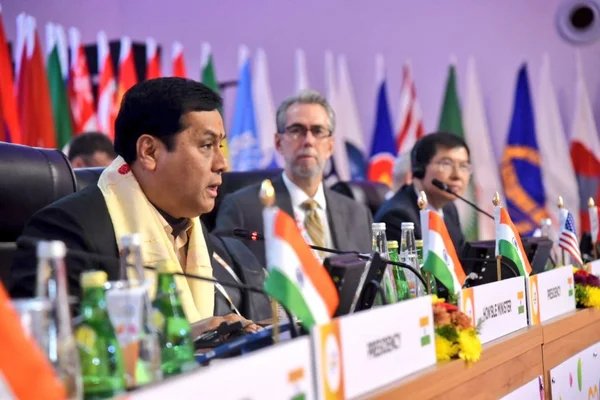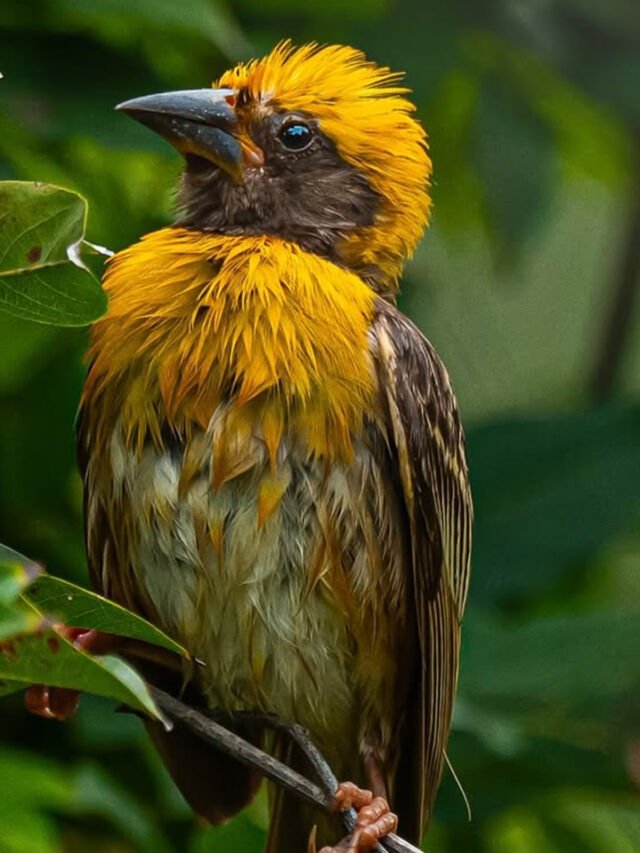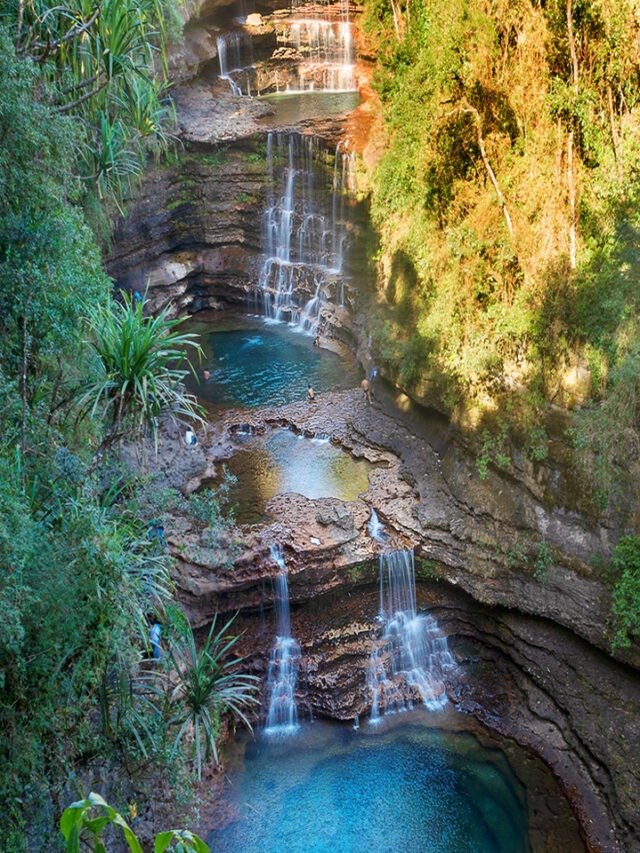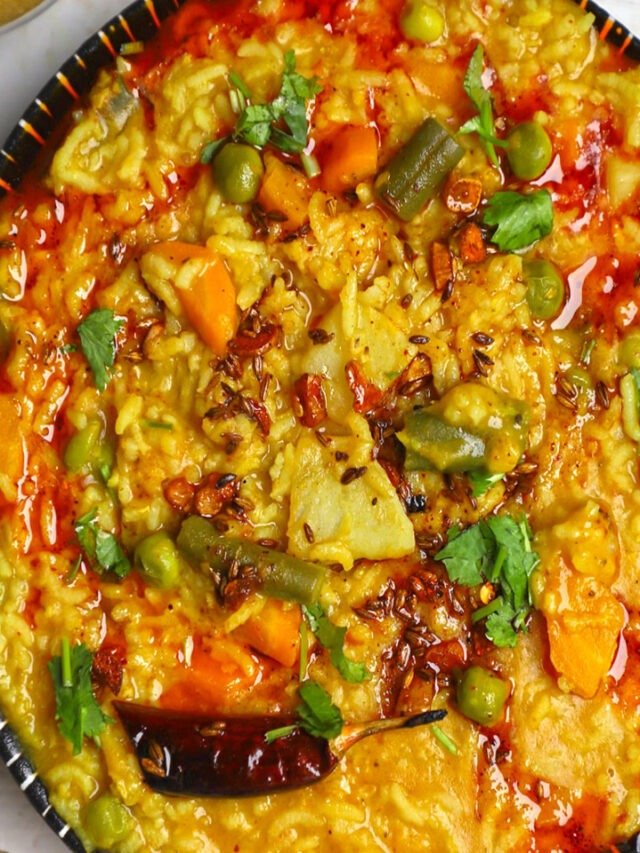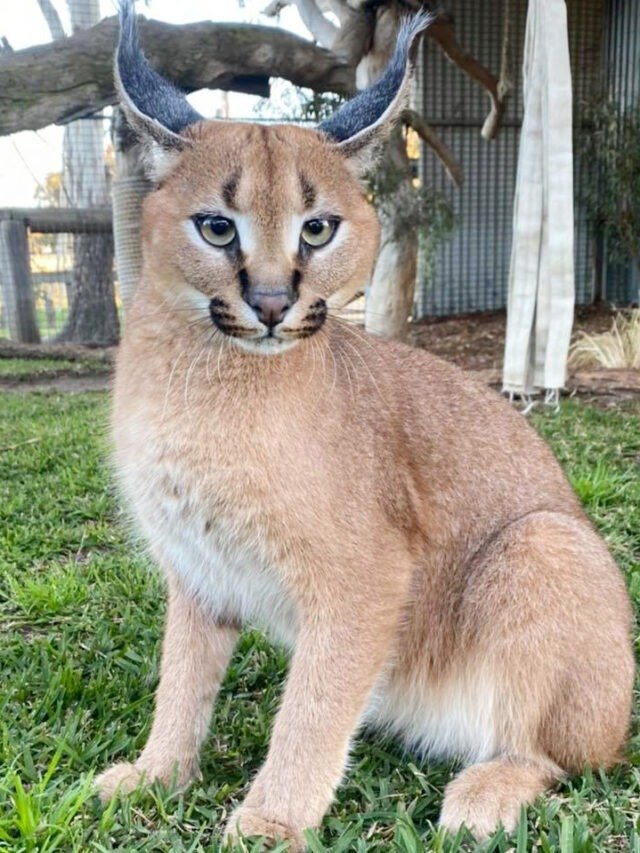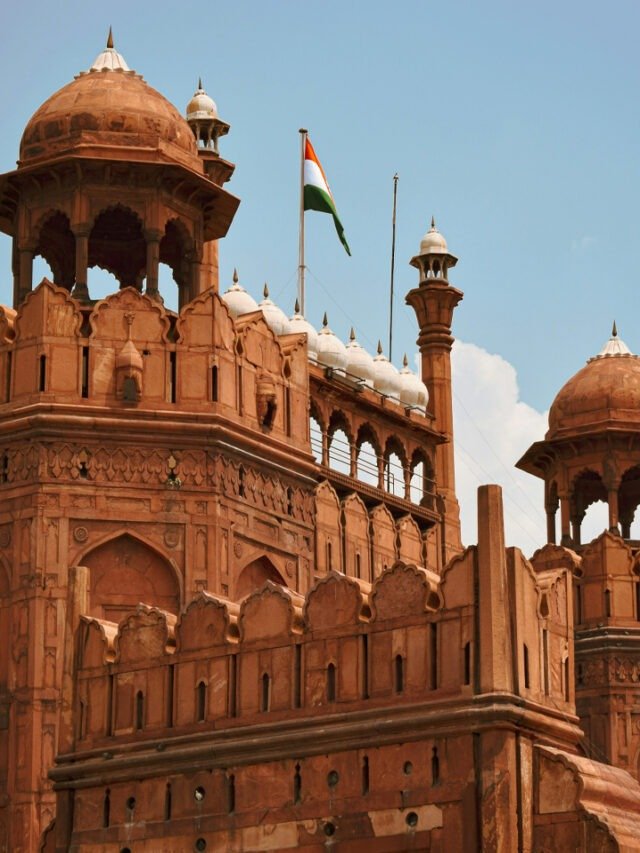NEW DELHI, March 25 (PTI): In a bid to bolster the fight against future pandemics, India’s top scientific advisor Prof Ajay Kumar Sood has urged G20 countries to collaborate in developing vaccine platforms by cooperating with each other in the pre-competitive research and development phase.
In a video interview with PTI, Sood, who will chair the Chief Scientific Advisors’ Roundtable (CSAR) of G20 countries next week, said India will also present its traditional systems of medicine and seek to harness the knowledge of indigenous communities of different countries.
Making a strong pitch for collaboration among G20 nations in drug development, Sood, the principal scientific advisor to the government, said there is enormous scope for cooperation in the pre-competitive research and development space.
“Once it reaches a certain level of maturity, of course different countries will have their take. But pre-competitive R&D (research and development) space is what we think should be something where we should work,” he said.
Sood identified emerging technologies for environmental surveillance as another area for cooperation.
“This is something which has to be done by all countries. A lot of it is happening but there are many other countries which will need a helping hand. So, we should be ready to take everyone along,” he said.
Pre-competitive collaboration involves two or more companies operating within the same industry coming together to address a shared problem or pain point that doesn’t impact direct business competition or contribute to unfair advantage.
“When there is a pandemic, you cannot live in isolation. We have seen it in Covid, all countries will have to fight it together and it has to be eradicated or controlled at all places. If it does not, then it will linger on and that is what you are seeing for Covid,” Sood said.
He said the CSAR meeting in Uttarakhand’s Ramnagar from March 28-30 will also focus on harnessing the benefits of traditional knowledge in healthcare.
“Traditional medicine has a very important role to play but it should be put in scientific context. All that work has to be done. When you have traditional medicines, how can we put it on a platform where it meets the acceptance of science,” he said.
Sood said India has a very rich tradition of Ayurveda, Siddha and Unani and all of them have a role to play. It could be to build up immunity or strength or to address the symptoms of a disease, adding “…whatever you think, it is possible”.
“We should not try to limit ourselves to only what we call modern medicine,” he said, making a strong pitch for diversity in various systems of medicine.
Sood also talked about harnessing the knowledge repositories of indigenous communities in G20 countries for the benefit of humankind.
“These are very, very old traditions. The goal should be, what we call traditional knowledge, it is really tested over centuries. It is very important that we take this traditional knowledge along with the other streams,” Sood said.
Sood said the Ayush ministry is working on scientific validation of traditional systems of medicine.
“The Ayush ministry is doing that. This word was coined a few years back — ayurvedic biology — to address the issue of scientific validity. I am sure that in other countries there are parallel efforts. Because these tribal, traditional things are also very important and we need to learn from them,” Sood said.
The three-day meeting in Ramnagar will focus on four broad themes — Opportunities in One Health for better disease control and pandemic preparedness; Synergising global efforts to expand the access to scholarly scientific knowledge; Diversity, equity, inclusion and accessibility in science and technology (S&T); and an Institutional mechanism for inclusive, continuous and action-oriented global S&T policy dialogue.


